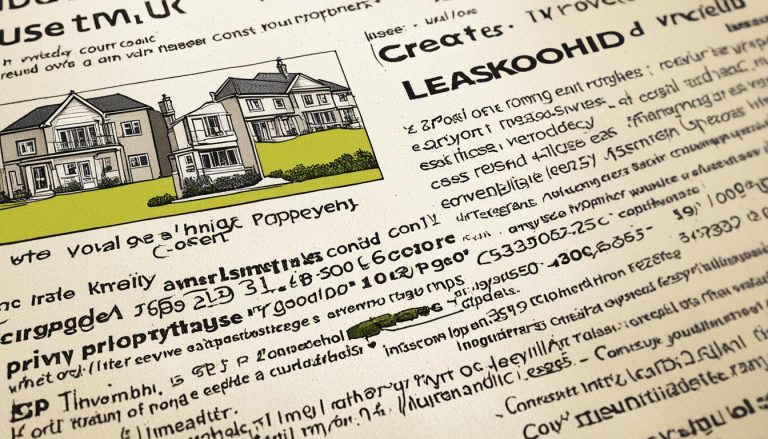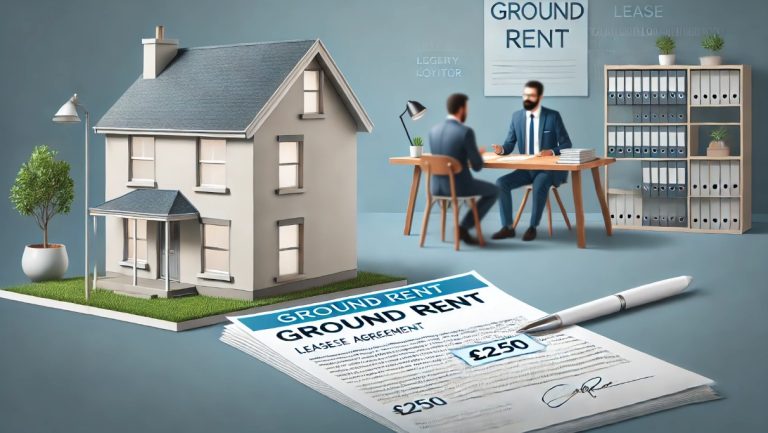Have you ever wondered what happens if ground rent is not collected? Whether you’re a property owner or a tenant, it’s important to understand the potential consequences of failing to pay this crucial fee. In this blog post, we’ll explore the implications of neglecting ground rent payments and how it can impact both parties involved. Stay tuned to learn more about why staying current on your ground rent is essential for maintaining a harmonious landlord-tenant relationship.
Understanding Ground Rent and Its Legal Implications
Ground rent is the money leaseholders pay to their landlord regularly. It’s a key part of the lease agreement that shows the financial link between them. This payment keeps the lease in effect. If the leaseholder doesn’t pay, they could face legal consequences.
What Is Ground Rent?
Ground rent is what leaseholders pay to the freeholder or landlord. It’s a regular payment set in their lease. The leaseholder must keep up with these payments as part of their agreement.
Significance of Ground Rent in Leasehold Properties
In leasehold homes, ground rent is crucial. It shows what the leaseholder owes the freeholder or landlord over time. It’s a big part of the agreement, explaining these ongoing payments.
Legal Requirements for Collecting Ground Rent
Landlords have specific steps to follow when asking for ground rent. They must send a written request for it. If they don’t, the leaseholder might not legally have to pay.
The ground rent amount can differ a lot, from £10 a year to much more, in the UK. The Leasehold Reform (Ground Rent) Act 2022 aims to stop these for most new homes in England and Wales. There are some exceptions, though.
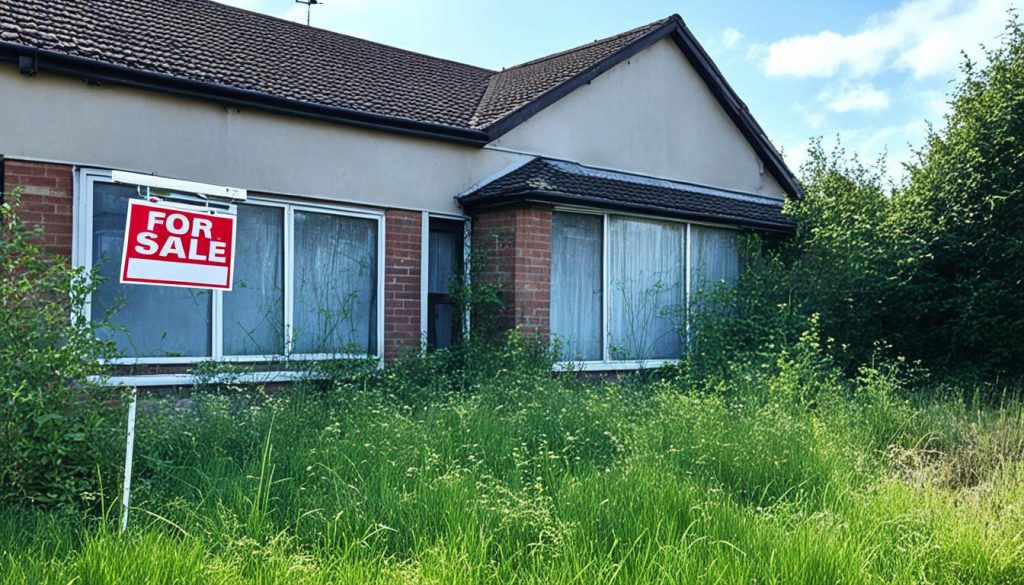
| Characteristic | Description |
|---|---|
| What is ground rent? | A periodic payment made by leaseholders to the freeholder or landlord as part of the lease agreement. |
| Significance in leasehold properties | Ground rent establishes the ongoing financial relationship between the leaseholder and the freeholder. |
| Legal requirements for collection | Landlords must follow a prescribed process, including sending a formal written demand, to collect ground rent. |
| Ground rent amounts in the UK | Ground rents can range from as low as £10 per year to much higher amounts, but new laws aim to abolish ground rents for most new residential leases. |
Consequences of Not Paying Ground Rent
If you don’t pay your ground rent as the lease says, it’s a big deal. The landlord or freeholder can take legal action against the leaseholder. This means they can go to court to get back the unpaid ground rent.
If you keep missing rent payments, things can get worse. The landlord might start forfeiture proceedings. This could lead to the end of the lease and you losing the property.
Breach of Lease Terms
Not paying what you owe for ground rent breaks the lease rules. It makes you not keep up with your part of the lease agreement. This is a big problem between you and the landlord or freeholder.
Landlord’s Right to Take Legal Action
The landlord can react to this breach of lease terms. They might go to court to get back the unpaid ground rent. They could also start forfeiture proceedings. This might end with you losing your place.
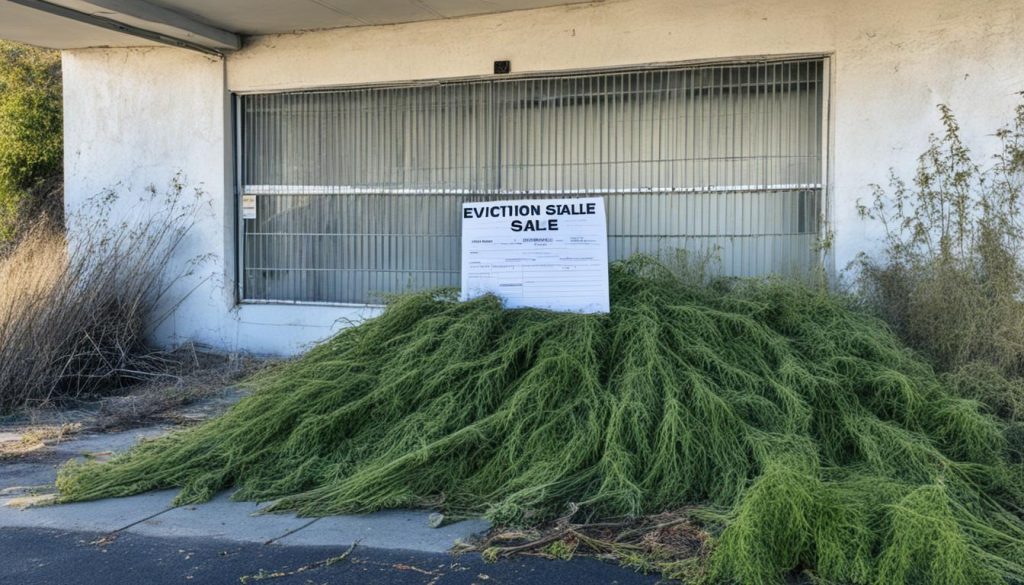
What Happens if Ground Rent is Not Collected?
If a leaseholder doesn’t pay the ground rent, the landlord can take action. They can try to get back any ground rent arrears. But, the law says they can only claim rent that was due in the last 6 years. This is if they haven’t sent notices as they should. So, if a landlord misses sending reminders about the rent, they might find it hard to claim older unpaid rent. Leaseholders should know about this rule. It’s important when their landlord hasn’t been strict with collecting the rent.
Landlord’s Ability to Recover Arrears
If the leaseholder doesn’t meet their payment, the landlord can try to get the amount due. But, there’s a rule. They can’t claim rent that’s more than 6 years old, if they haven’t sent the correct notices. This limit affects how much old rent the landlord can ask for.
Statute of Limitations on Ground Rent Recovery
There’s a limit to how far back landlords can claim rent. It’s set at 6 years, if they haven’t correctly sent reminders. So, they might miss out on claiming old rents. This could lower the amount they finally recover.
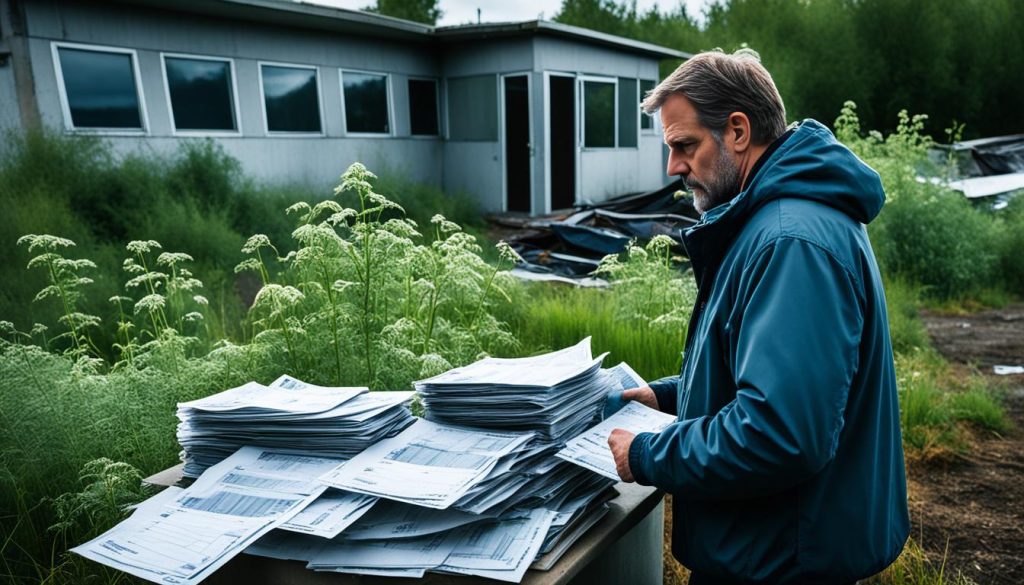
Preventing Ground Rent Disputes
To steer clear of issues, leaseholders need to keep talking with their landlord or freeholder. They should make sure they get all ground rent requests on time. Solving any problems quickly is key. Also, it’s a good idea to get advice from experts. A solicitor or the Leasehold Advisory Service can explain your rights and what you must do about ground rent.
Maintaining Open Communication with Landlord
It’s important to chat with the landlord regularly to avoid disagreements about ground rent. Leaseholders must keep an eye on demands and deal with any problems fast. This way, everyone stays clear on what needs to be paid and when, following the lease properly.
Seeking Professional Advice
Since ground rent can be tricky, getting help from the pros is a smart move. Talking to a solicitor or the Leasehold Advisory Service can deepen your knowledge of the lease agreements. This advice is valuable for stoping or fixing disagreements about ground rent.
Understanding Lease Agreements
Reading your lease carefully is vital for preventing disputes about ground rent. You should know the details, like how much and when the ground rent is due. Also, it’s good to understand what to do if there’s a problem with payment. This knowledge helps you stay on top of your ground rent responsibilities.

Recent Changes to Ground Rent Laws
In 2022, the UK government brought in the Leasehold Reform (Ground Rent) Act 2022. This act will make a big change to how much ground rent is for new homes in England and Wales. Landlords won’t be allowed to charge ground rent for most new homes. There are some exceptions. For new homes agreed on or after 30 June 2022, ground rent will be very low – just a ‘peppercorn’. This effectively gets rid of ground rent for those properties. The goal of this change is to make the leasehold system fairer and more affordable.
The Leasehold Reform (Ground Rent) Act 2022 is a key move to deal with worries about ground rent in the UK. The aim of the new ground rent laws is to offer more protection for those who lease homes. It wants to make the leasehold system fairer. This is part of the ongoing work to help those who face difficulties with their leases and to push for fairness in the housing market.
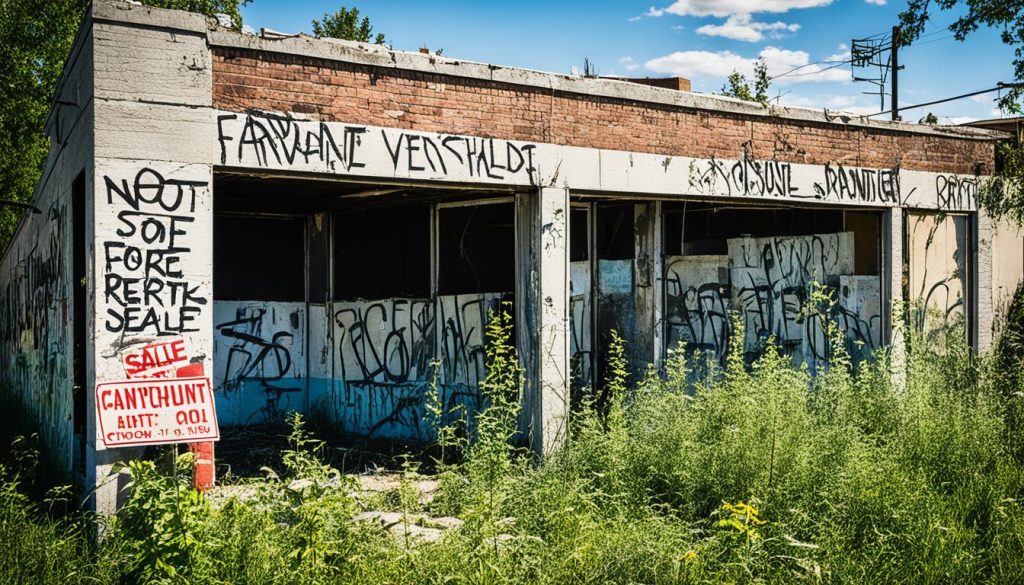
Conclusion
Ground rent is vital for leasehold properties in the UK. Not paying it can have severe effects for leaseholders. If ground rent goes unpaid, the lease might be forfeited, leading to the loss of their property. To steer clear of this, it’s crucial for leaseholders to keep in touch with their landlord, get expert advice, and fully grasp their lease’s terms.
The UK has made some recent changes, like the Leasehold Reform (Ground Rent) Act 2022, to make leaseholds fairer. But leaseholders still need to be careful. Missing ground rent payments can cause a lot of trouble, including the loss of the lease. Knowing the law and being proactive are key for leaseholders to protect their homes.
With the leasehold system changing, leaseholders must keep up with their rights and duties on ground rent. Talking to their landlord, getting advice, and checking their lease closely all help. This way, they can avoid serious issues like being taken to court or losing their lease.
FAQ
What is the significance of ground rent in leasehold properties?
Ground rent is key in the financial connection between a leaseholder and a freeholder. It is essential for leasehold properties.
What are the legal requirements for collecting ground rent?
Landlords must legally demand ground rent payment from leaseholders. This includes a formal, written request. They need to follow a specific process set by law.
What are the consequences if the landlord does not follow the correct procedures for collecting ground rent?
If the landlord hasn’t asked for ground rent properly, they can’t claim large unpaid sums. Leaseholders are not required to pay without a right notice.
What can a landlord do if a leaseholder does not pay ground rent?
The landlord can go to court to get the unpaid rent. If this persists, they might end the lease through legal means.

